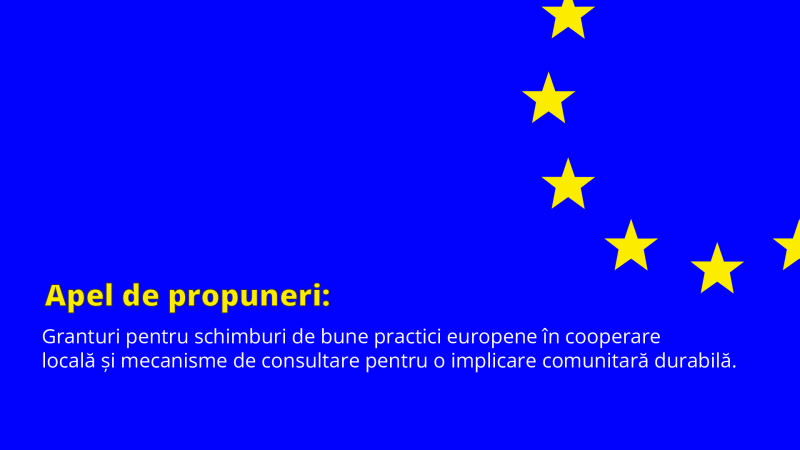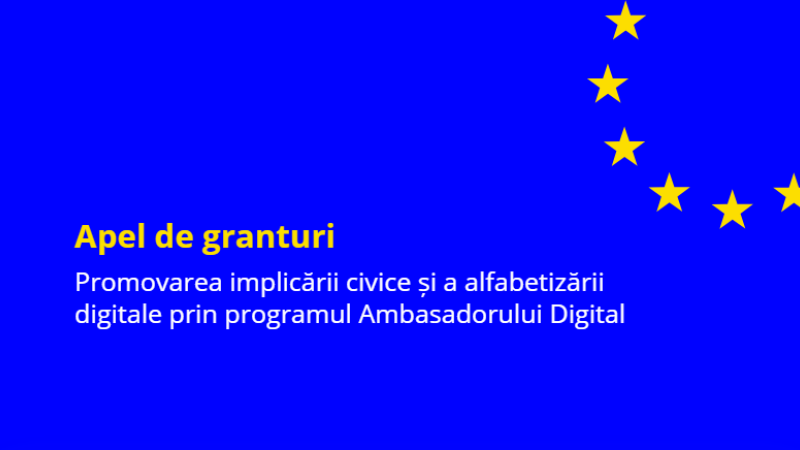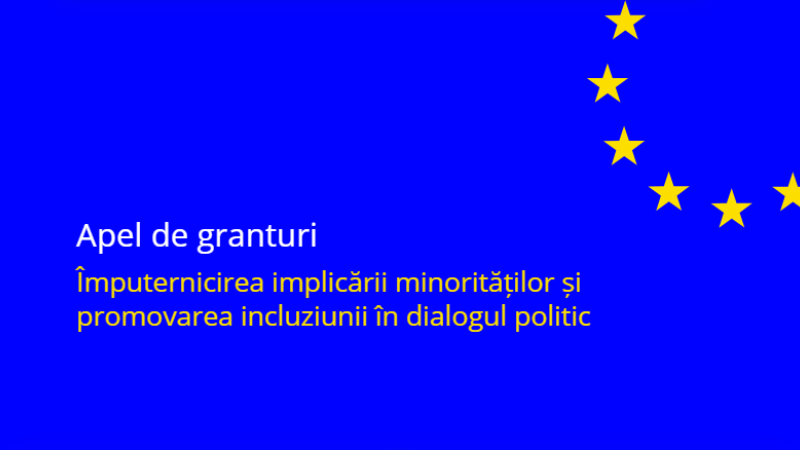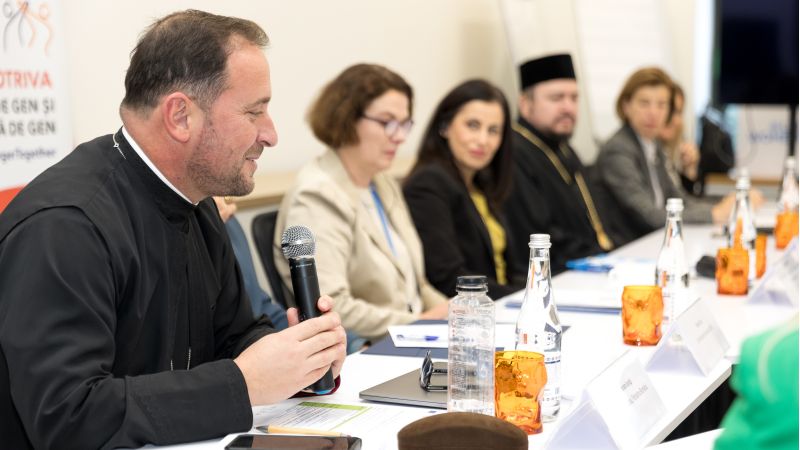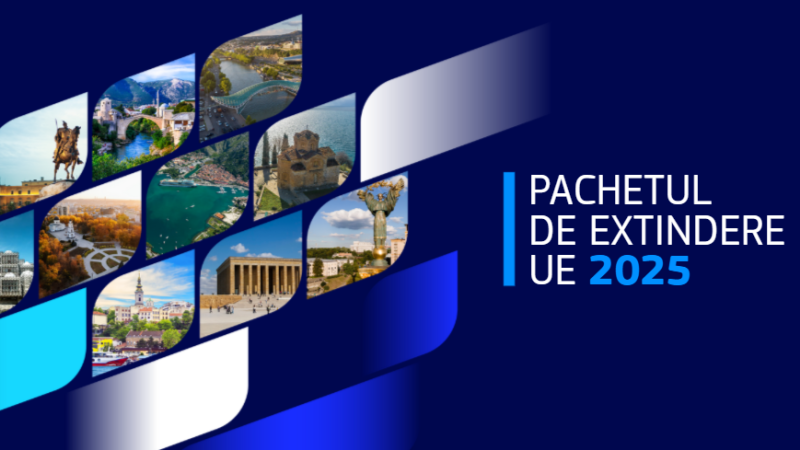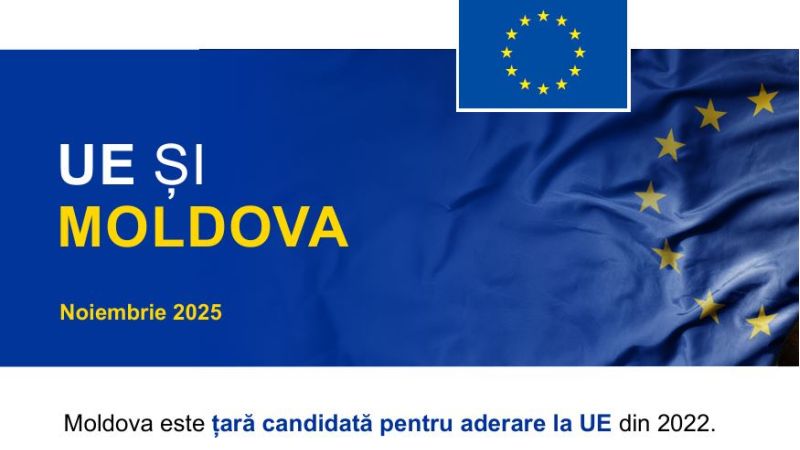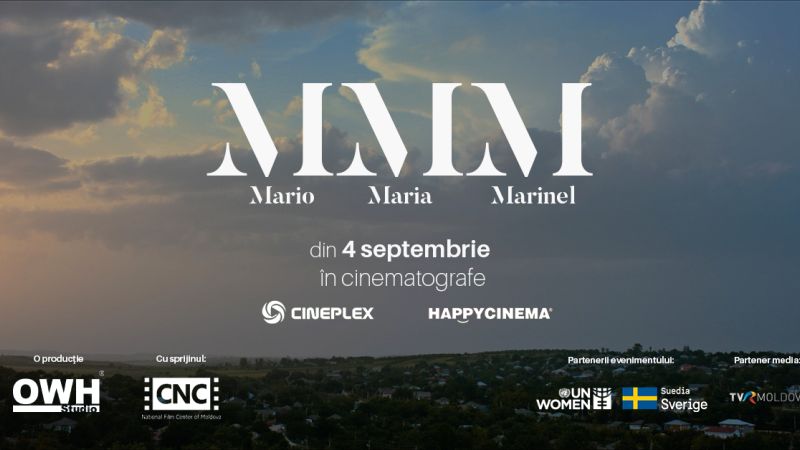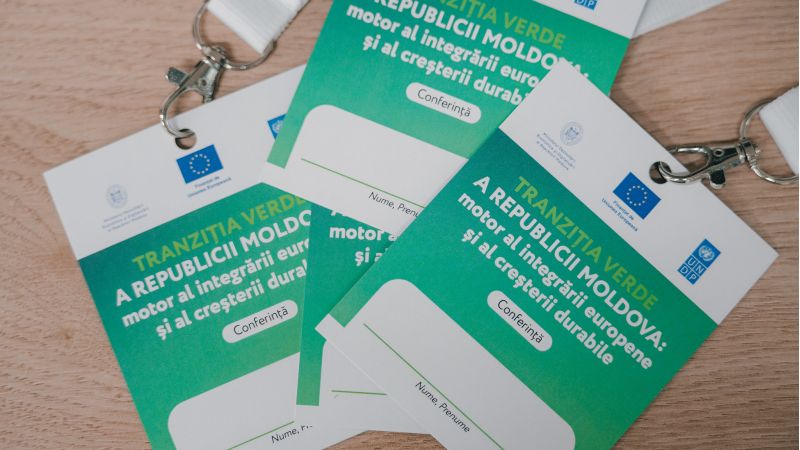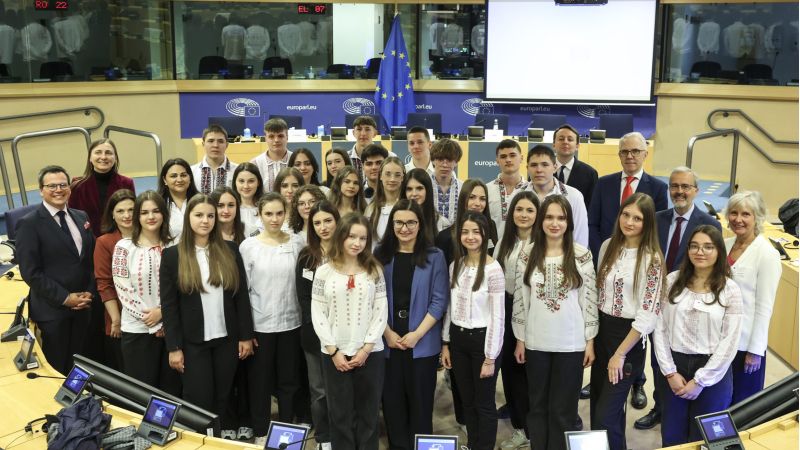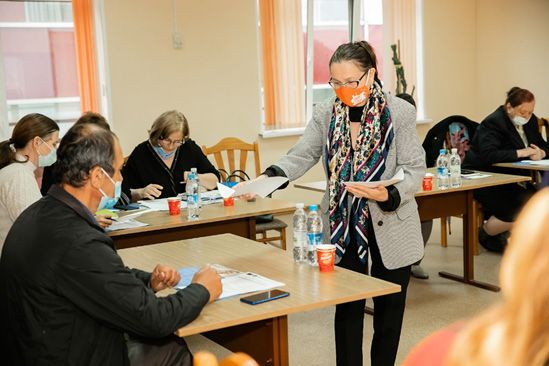
STRATEGII, PLANURI DE ACŢIUNI ȘI BUGETE SENSIBILE LA GEN PENTRU ANUL 2022 DEZVOLTATE DE LOCALITĂŢI DIN CAHUL ȘI UNGHENI
În premieră pentru Republica Moldova, 23 de localități din raioanele Cahul și Ungheni au elaborat strategii, planuri de acțiuni și bugete sensibile la gen pentru anul 2022. Douăzeci dintre acestea au fost aprobate de Consiliile Locale în luna decembrie 2021. Astfel, 19 comunități rurale și 4 comunități urbane din raioanele Cahul și Ungheni, partenere ale proiectului EVA – Promovarea egalității de gen în raioanele Cahul și Ungheni, vor beneficia de programe locale sensibile la gen, bazate pe nevoile femeilor și bărbaților din comunitate. Strategia de dezvoltare locală este documentul care clarifică pe termen mediu și lung care sunt direcțiile și domeniile spre care se orientează efortul de dezvoltare al comunității și în mod special a ceea “ce se dorește să fi e schimbat”.
Strategiile și planurile de acțiuni dezvoltate în cele 23 de localități (comuna Cucoara, s. Alexanderfeld, s. Vadul lui Isac, s. Alexandru Ioan Cuza, s. Baurci Moldoveni, s. Slobozia Mare, s. Văleni, s. Andrușul de Jos, comuna Larga Nouă, comuna Zîrneşti, s. Măcărești, s. Mănoilești, s. Pîrlița, s. Zagarancea, s. Rădenii Vechi, s. Costuleni, or. Cornești; mun. Cahul și Ungheni, Pelinei, Valea Mare, s. Cornești, s. Teșcureni) prevăd activități care să sprijine în special femeile/fetele în diferite domenii, cum ar fi: infrastructură accesibilă și incluzivă, promovarea unui mediu antreprenorial atractiv pentru tineri, femei și fete; promovarea includerii principiilor egalității de gen în educație și în procesul decizional al Administrației Publice Locale (APL), creșterea participării cetățenilor și cetățenelor la dezvoltarea durabilă a comunității și creșterea prevenirii și combaterii violenței împotriva femeilor și copiilor. Aceste eforturi la nivel politic și strategic au fost cuplate cu procesul de planificare bugetară.
În acest sens, 22 de localități din regiunile Cahul și Ungheni au alocat 2% din bugetele lor pentru acțiuni de prevenire și combatere a violenței pe bază de gen și au încorporat perspectiva de gen în programele bugetare locale. Pentru prima dată în istoria acestor localități, au fost incluși indicatori și obiective de subprograme bugetare care iau în considerație nevoile fetelor și femeilor din comunitate. Cultura, sportul, iluminatul stradal, infrastructura rutieră și educație, sunt doar câteva din domeniile vizate. În premieră, aceste strategii și programe bugetare locale reflectă nevoile și prioritățile exprimate de femei și bărbați în timpul proceselor participative (femeile și bărbații din comunitate au participat la consultații publice și respectiv, la dezvoltarea lor), și încorporează date dezagregate pe sexe și indicatori de gen pentru a măsura progresul în promovarea egalității de gen.
Aceste realizări au fost posibile datorită angajamentului autorităților publice locale în generarea bugetelor, Planurilor de Acțiuni și a strategiilor sensibile la gen, prin implicarea activă în mentoratul oferit de UN Women și partenerii săi (cum ar fi Contact Cahul, IVC CALM, ONG AXA și Gender Centru), și cu asistența financiară a Uniunii Europene.
